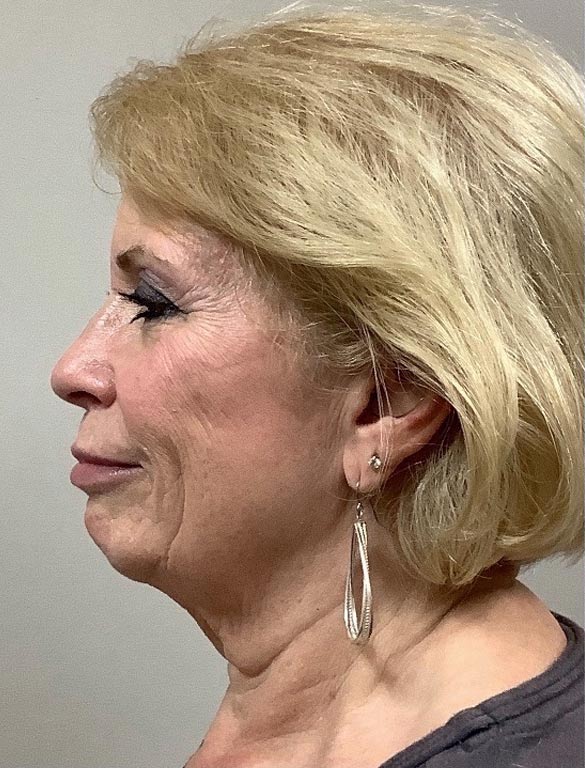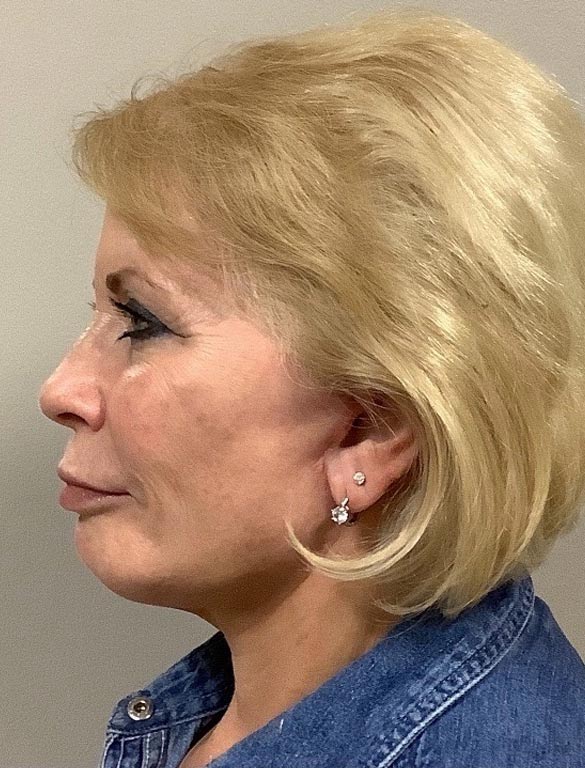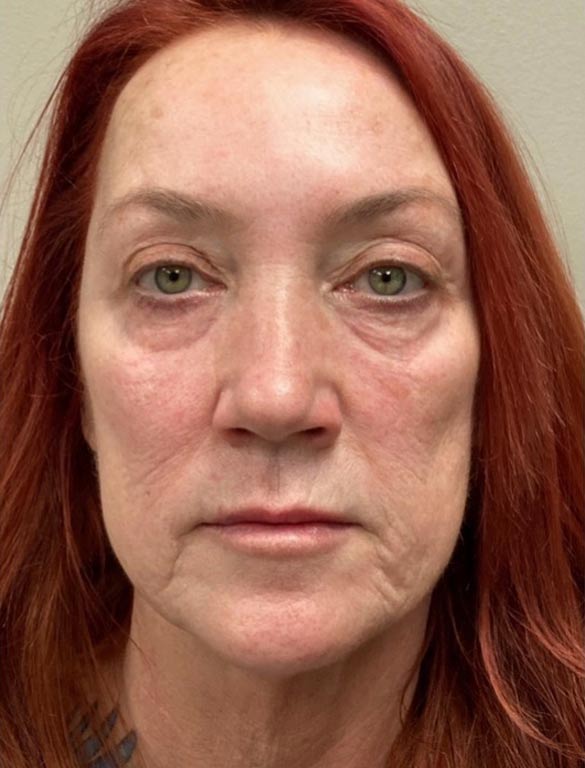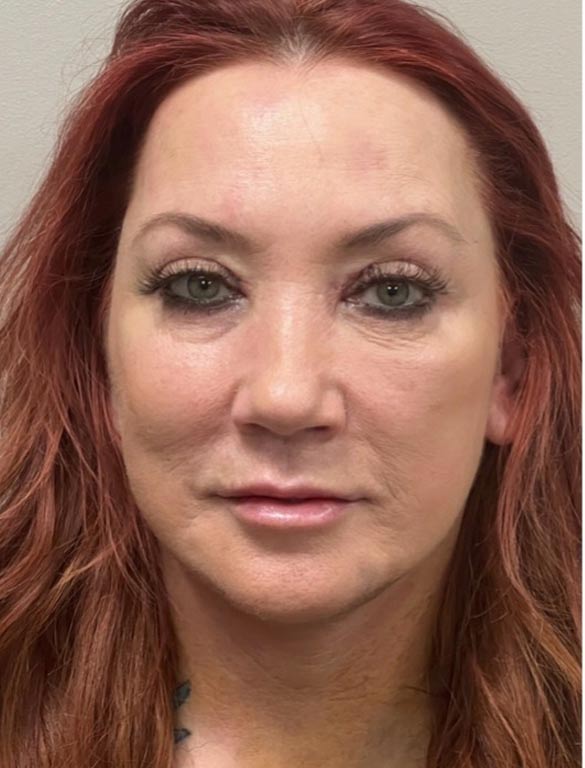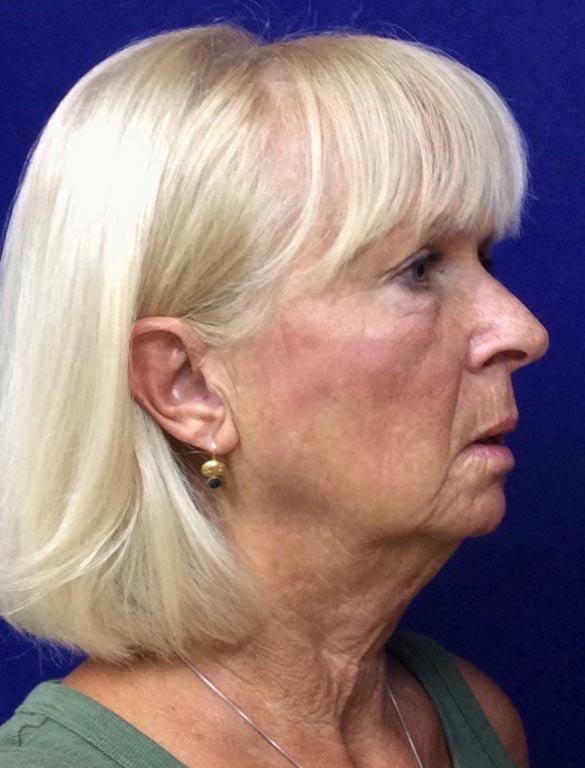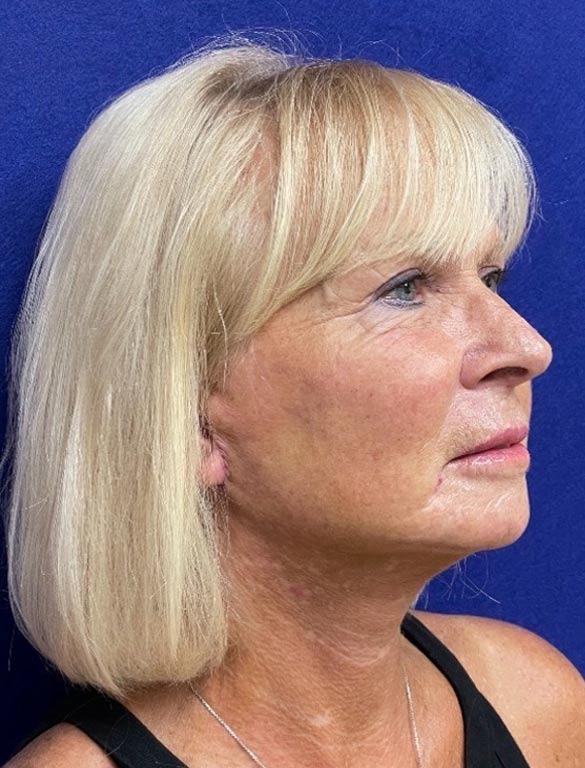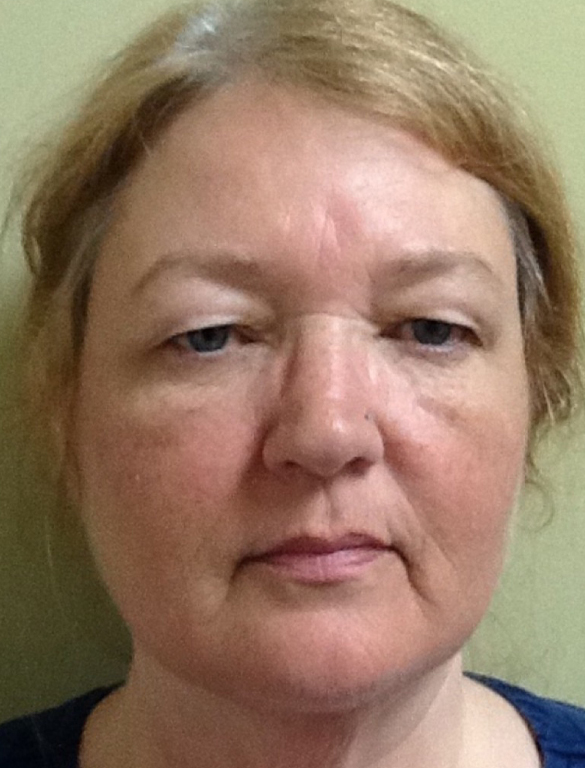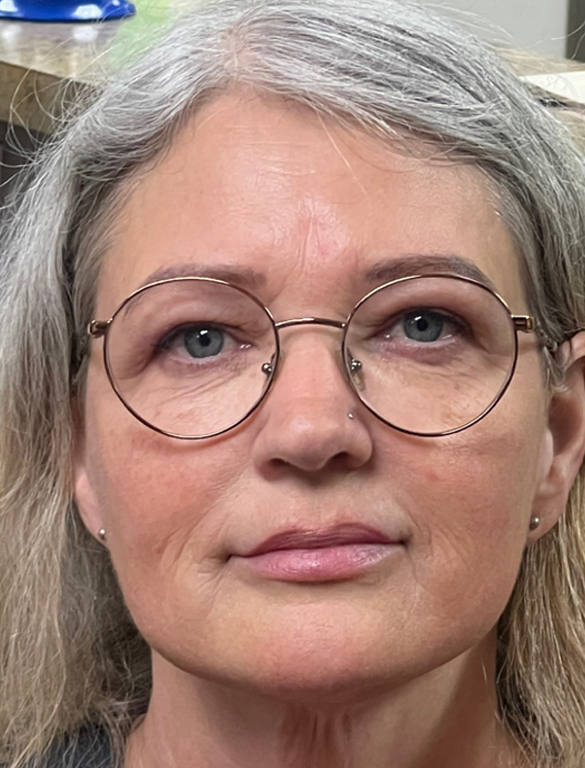When it comes to skin conditions there are a variety of different issues that can cause all kinds of trouble for you. The most common conditions that people seek treatment for include eczema, rosacea, and psoriasis. These skin conditions are fairly common and can easily be treated if you know what to look for. Here is everything you need to know about these common skin conditions:
Eczema
When it comes to annoying skin conditions that can leave you feeling down, eczema immediately springs to mind. This skin condition manifests as itchy red patches that can appear all over your body. Eczema is typically common in babies and can be all over their body. However, eczema can be a lifelong condition if left untreated. If you have eczema, you are not alone; eczema impacts over 30 million Americans every year. While eczema is most common in children who will grow out of it, adults can also develop eczema—even those who never had it as a child.
The symptoms of eczema most typically include red and inflamed skin, bad itching, swelling, scaly or discolored patches of skin, and crusting. You can help eczema not flare up as bad by keeping your skin moisturized. However, if you are looking for treatment, we have a few options for you. Eczema responds very well to treatments such as intense pulsed light. This uses intense light beams that will help break up symptoms of eczema. Additional treatments include oral medications and steroids.
Rosacea
Another fairly common skin condition that also impacts millions of Americans each year is rosacea. Instead of dry and flaky skin, rosacea appears as redness including blood vessels that are visible under the skin. Rosacea can also produce major flare-ups, results in pus-filled bumps on the skin’s surface. Common symptoms include facial redness, dry and irritated eyes, swelling of the nose, and red bumps that can appear similar to pimples. Individuals may often mistake rosacea for acne based upon appearance alone. Women who have lighter skin tones are most prone to developing rosacea.
The specific cause of rosacea is still unknown, but there are a variety of risk factors that can be involved. These risk factors include spicy foods, temperature changes, intense sunlight, exercise, alcoholic beverages, and fluctuating emotions. While there is no common cure, a variety of treatments can help you reduce the symptoms of rosacea. The most recommended type of treatment for rosacea is light-based therapy. Our intense light beam therapy is an ideal form of treatment that can help reduce the appearance of swollen blood vessels. This type of therapy can be repeated to help keep the symptoms of your rosacea minimal. Always make sure to cover up your face in the sun and avoid any identifiable triggers like spicy food.
Psoriasis
Last but certainly not least is psoriasis, another skin disorder that is fairly common across the country. Psoriasis causes skin tissue to multiply at an extreme rate, leaving your skin with red patches and white scales. While psoriasis can appear anywhere on the body, it is mostly seen on the elbows, knees, scalp, and lower back. Fortunately, psoriasis is not contagious and cannot be passed from one person to another. However, it is genetic and can run in the family. Psoriasis will impact mostly adults, and when it develops, it can take over a large part of the body in severe cases.
The most common symptom of psoriasis is flaky skin that appears as white or silver scales. These flakes can be severely itchy and painful; when broken, they can bleed and cover large areas. Psoriasis also impacts your fingernails and toenails, causing discoloration and detachment. On the scalp, psoriasis will be crusty. Most individuals with psoriasis will not develop all of the symptoms as the condition can be present in a variety of types.
Treating your psoriasis can start with topical corticosteroids that are prescribed by your local physician. Moisturizer creams are also great in helping to reduce dryness and scaling. If these conservative treatments do not reduce your signs of psoriasis, we may be able to assist. Similar to rosacea and eczema, psoriasis is best treated with light therapy. Ultraviolet rays can help reduce any scaling and slow down cell turnover. This is able to treat single patches of psoriasis that are resistant to moisturizers and topical ointments.
More Treatment Options Available for You
Now that you know more about these skin conditions, you can prepare yourself for treatment. As seen, our light-based therapy is a great way to treat psoriasis, eczema, rosacea, and more. Call today for your free consultation and see if this treatment is right for you.

